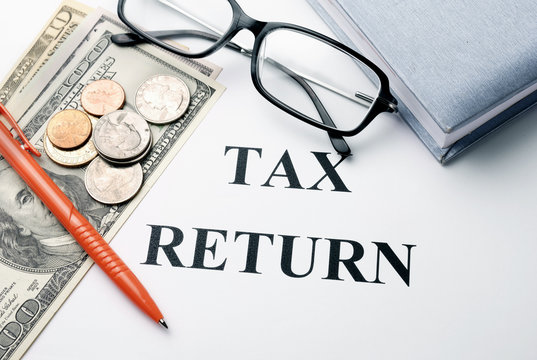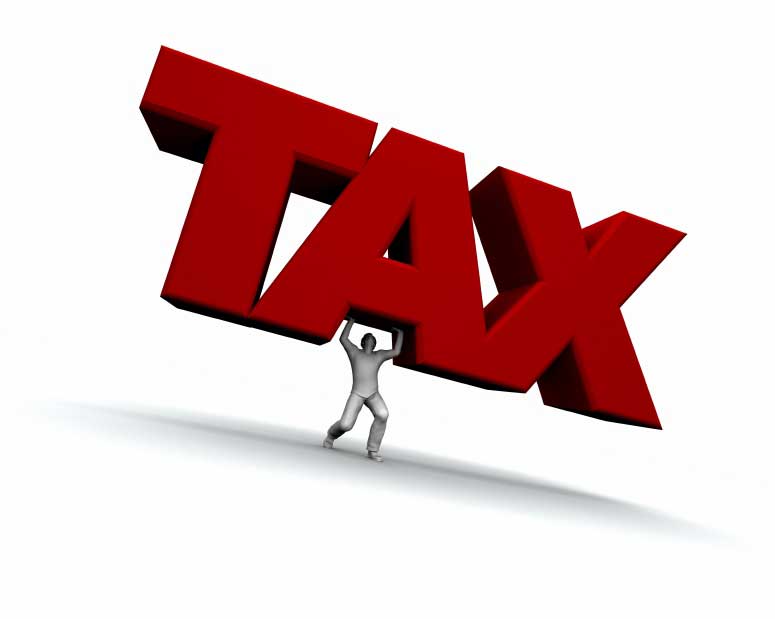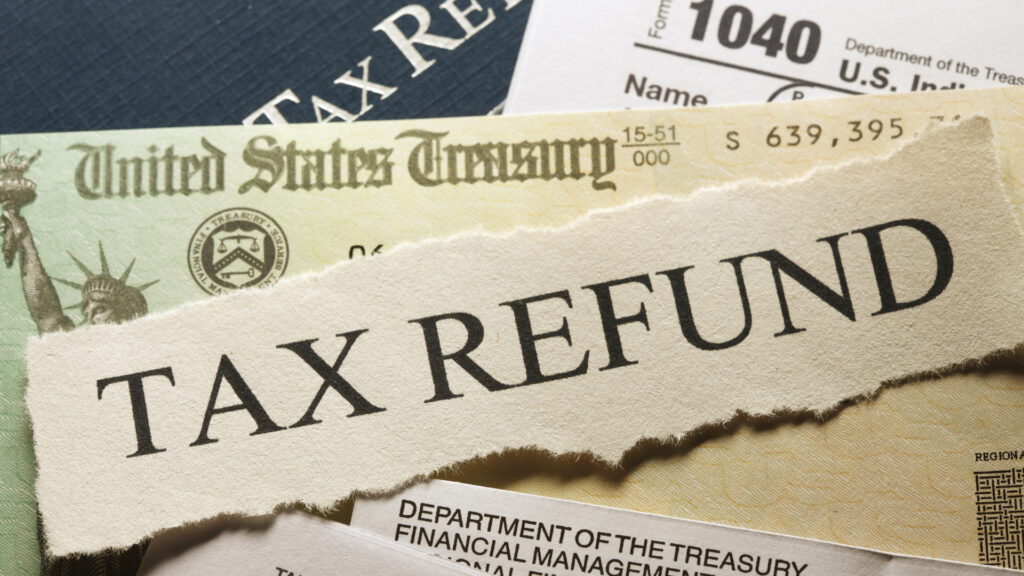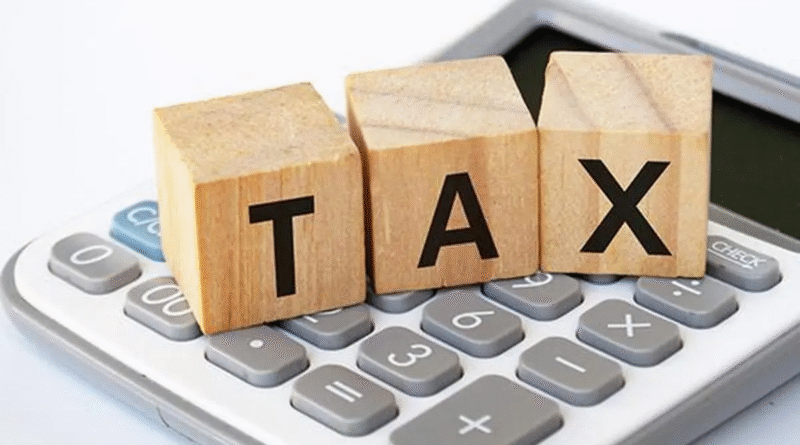Expert Help with Your Tax Return in Switzerland: A Guide to Maximizing Savings for Expats
Navigating the Swiss tax machine can feel like a complex maze, particularly for expatriates. Unlike many other nations, Switzerland’s tax landscape is multi-layered, with taxes levied on the federal, cantonal, and municipal tiers. The rules, prices, and available deductions can range considerably relying on wherein you stay. For expats, this may be a source of misunderstanding and ignored opportunities. However, with the right information and a proactive approach, you may strategically optimize your tax function and maximize your savings. This guide will walk you thru the important thing concerns, techniques tax return switzerland, and the important role of a qualified tax consultant in Switzerland.

The Unique Swiss Tax System: A Multi-Tiered Approach
Before delving into strategies, it’s crucial to understand the fundamentals. Swiss taxes are not a single, uniform system. They are composed of three main layers:
- Federal Tax: This is a progressive tax on income, with a maximum rate of 11.5%. It is uniform across all cantons.
- Cantonal Tax: This is levied by each of the 26 cantons on both income and wealth. The rates vary significantly, with cantons like Zug and Schwyz having lower rates, while Geneva and Zurich are among the highest.
- Municipal Tax: This is also levied on income and wealth and is typically calculated as a multiplier of the cantonal tax. Rates can differ even between neighboring communes.
- Church Tax: In many cantons, a church tax is levied on the income and wealth of individuals affiliated with one of the three official state churches (Roman Catholic, Swiss Protestant, and Old Catholic). If you are not affiliated or are part of another religion, you are generally exempt.
This decentralized machine manner that your choice of house will have a profound effect to your tax legal responsibility. It’s additionally why a one-size-fits-all approach to tax planning clearly might not paintings in Switzerland.
Key Strategies for Maximizing Tax Savings
The Swiss tax system offers numerous opportunities for deductions and exemptions. For expats, the key is to be aware of these and to keep meticulous records throughout the year.
1. Optimize Your Pension Contributions
This is arguably the maximum effective device for tax optimization in Switzerland. The Swiss pension system is built on 3 pillars:
- Pillar 1 (AHV/IV/EO): Mandatory state social security contributions.
- Pillar 2 (Occupational Pension): Mandatory contributions from you and your employer to a pension fund. Both your contributions and “buy-backs” (voluntary payments to fill pension gaps) are tax-deductible.
- Pillar 3 (Private Pension): This is your voluntary, private retirement savings. There are two types:
- Pillar 3a (Tied Pension): Contributions to a Pillar 3a account are fully tax-deductible up to a certain annual limit, significantly reducing your taxable income. The funds are tied until retirement, but this offers a major tax advantage.
- Pillar 3b (Flexible Savings): This offers more flexibility with fewer tax benefits. While contributions are generally not deductible at the federal level, they may be in some cantons, and the capital gains are usually not taxed upon withdrawal.
Actionable Tip: Maximize your Pillar 3a contributions each yr. This now not simplest builds your retirement financial savings however also offers an instantaneous and substantial tax deduction. For high earners, do not forget voluntary contributions or “purchase-backs” into your Pillar 2 pension fund, as this could offer big tax comfort.
2. Leverage Work-Related Deductions
Swiss tax returns allow you to deduct various professional expenses. Be sure to keep detailed records and receipts for these throughout the year.
- Commuting Expenses: You can deduct the cost of your public transport pass or, in some cases, the cost of using a private car if public transport is not a viable option. Cantonal limits can vary, so it’s important to check the specific regulations.
- Meals Away from Home: If your workplace doesn’t have a subsidized canteen and you eat out for lunch, you can claim a flat-rate deduction for meals.
- Professional Development: Costs for education and training directly related to your current profession are tax-deductible. This includes course fees, exam costs, and study materials.
- Home Office: While often subject to strict rules, you may be able to deduct home office expenses if it is your only place of work.
Actionable Tip: Keep a file for all your paintings-related receipts and documentation. Compare the flat-price deductions offered by using your canton with your actual expenses to see which choice presents a greater tax gain.
3. Claim Family-Related and Social Deductions
Switzerland provides tax relief for families and individuals with specific circumstances.
- Childcare Costs: You can deduct the costs for external childcare, such as daycare centers or nannies, up to a certain amount per child.
- Child Deductions: A fixed amount can be deducted for each dependent child.
- Health and Insurance Premiums: You can deduct a portion of your mandatory health, accident, and life insurance premiums.
- Charitable Contributions: Donations to authorized non-profit agencies are tax-deductible.
4. Optimize Housing and Investment
- Housing Costs: Homeowners can deduct mortgage interest payments and maintenance or renovation costs. Renters in some cantons may also be able to claim a deduction for their rent.
- Investment Income: A key feature of the Swiss system is that private capital gains from securities are generally tax-free. However, this only applies if you are not deemed a professional investor. Income from investments like interest and dividends is taxable. This is where an expert can help you structure your investments to be tax-efficient.
- Wealth Tax: Switzerland levies a wealth tax in your international assets, inclusive of financial institution accounts, securities, and real property. However, money owed (like mortgages) can be deducted.

The Importance of a Swiss Tax Advisor for Expats
While these strategies offer a starting point, the complexity of the Swiss tax system, with its cantonal variations, makes professional guidance invaluable. For expats, who often have international income streams, foreign assets, or dual citizenship (e.g., U.S. citizens), the need for an tax advisor for expats is even greater.
When to Seek Professional Help
- If you are a B permit holder with an annual income over CHF 120,000. In this case, you are required to file a standard tax return instead of being taxed at source.
- If you have a C permit or are married to a Swiss citizen. You are required to file a standard tax return.
- If you are self-employed or own property in Switzerland.
- If you have complex financial situations, such as foreign income, international assets, or are subject to a double taxation agreement.
- If you need to make certain you’re taking complete advantage of all to be had deductions and optimizing your tax function legally.
Finding the Right Tax Advisor
Choosing the proper tax guide is a vital decision. Not all advisors are created equal, and it is important to find someone who specializes within the unique needs of expats.
- Look for Expat Specialization: The Swiss tax gadget for expats has particular nuances, along with issues like double taxation agreements and foreign asset declarations. A fashionable tax advertising and marketing representative may not have the in-intensity understanding required. Look for advisors who explicitly state they specialise in expat tax services.
- Check for Certifications and Expertise: A “Swiss certified tax expert” (eidg. dipl. Steuerexperte) is a highly qualified professional. While they may charge more, their expertise can lead to greater tax savings in the long run.
- Ensure Multilingual Communication: A key frustration for many expats is the language barrier. Look for a firm with English-speaking (or other language-speaking) advisors who can explain complex tax concepts in a clear, understandable way. Some firms also offer tax returns translated into English.
- Ask for Transparent Pricing: Before committing, be clear on the fee structure. Many firms offer transparent, flat-rate pricing for standard services, while others charge by the hour. An initial consultation (sometimes free) can help you understand their approach and costs.
- Review Testimonials and Reputation: Look for positive evaluations and testimonials from other expats. A strong reputation built on a hit results and amazing customer service is a good indicator of first-rate.
Important Considerations for Your Tax Return
Once you have your advisor or are preparing to file, remember these key steps:
- Gather All Documents: Start collecting and organizing your documents throughout the year. This includes your salary certificate, bank statements, pension statements (Pillar 2 and 3a), health insurance premium overview, and receipts for all potential deductions (commuting, childcare, professional development, charitable donations, etc.).
- Understand the Deadlines: The tax period is the calendar year (January 1 to December 31). The filing deadline is typically March 31 of the following year, but extensions are almost always available, often free of charge until June.
- Don’t Overlook Wealth Tax: Remember to declare all your assets, both in Switzerland and abroad. This includes bank accounts, securities, and real estate. The wealth tax is a separate calculation from income tax, and deductions for debts can be applied here.
- Be Mindful of International Regulations: If you are a citizen of another country, especially the United States, be aware of international regulations like FATCA. A good tax advisor will help you navigate these to ensure compliance in both Switzerland and your home country.

Conclusion
The Swiss tax system, while complex, is not an obstacle to be feared but rather a landscape to be strategically navigated. By understanding the core principles, actively pursuing available deductions, and—most importantly—partnering with a skilled and specialized tax advisor, expats can significantly reduce their tax burden and secure their financial future in Switzerland.


